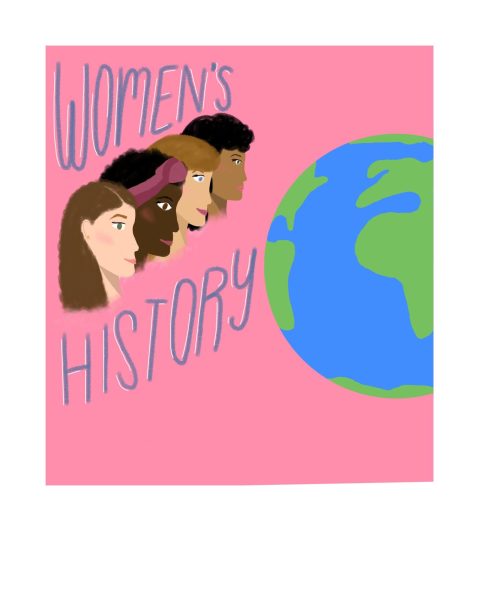Hurricane Season and Its Impact
Every year, scientists and civilians nervously await hurricane season which takes place from June through November. The catastrophic damage that has been seen done by hurricanes in the past causes one question to be brought to the forefront of everyone’s mind; how powerful will it be?
Recently, hurricane season has been on an untraditional track. Mostly due to climate change, hurricanes have been delayed in their appearance. For the first time since 1997, there were not any storms named in the month of August. However, in one week apart from one another, two of the most catastrophic hurricanes recorded were formed. Climate change has contributed to more disastrous hurricanes because it is combining various seasons/conditions that can make the storms more powerful.
The first hurricane that was formed was Hurricane Fiona. Fiona was a Category 4 hurricane that caused more than 30 inches of rain to fall, severely flooding Puerto Rico and eastern Canada. More than 900,000 Puerto Ricans residents were out of power and about 358,000 were without a reliable water source. Lasting 14 days, Fiona rendered bridges, roads, and communities completely unusable, which ultimately trapped residents.
The next hurricane to form was Hurricane Ian which was a category 4 hurricane that hit the southwestern coast of florida. Ian has been recorded as one of the most powerful hurricanes in history. It had winds exceeding 70 mph and a death toll of more than 100. Most casualties have been due to people drowning within their own homes or as they tried to escape their underwater communities.
Large organizations such as the Red Cross and FEMA have been key components in assisting through the aftermath of both Hurricane Ian and Fiona. However, those who are not affiliated with those organizations or live in or near Florida, Puerto Rico, or Canada can still contribute to the group effort of helping the affected families. The first thing people are able to do is donate directly to the American Red Cross organization via the website: www.redcross.org. Another great resource to help provide donations/resources is through the disaster relief group, Team Rubicon. Team Rubicon is a team composed of military veterans that want to support underserved communities. To donate visit teamrubiconusa.org. Finally, verified GoFundMe accounts are also great ways to show support to specific families in need.




